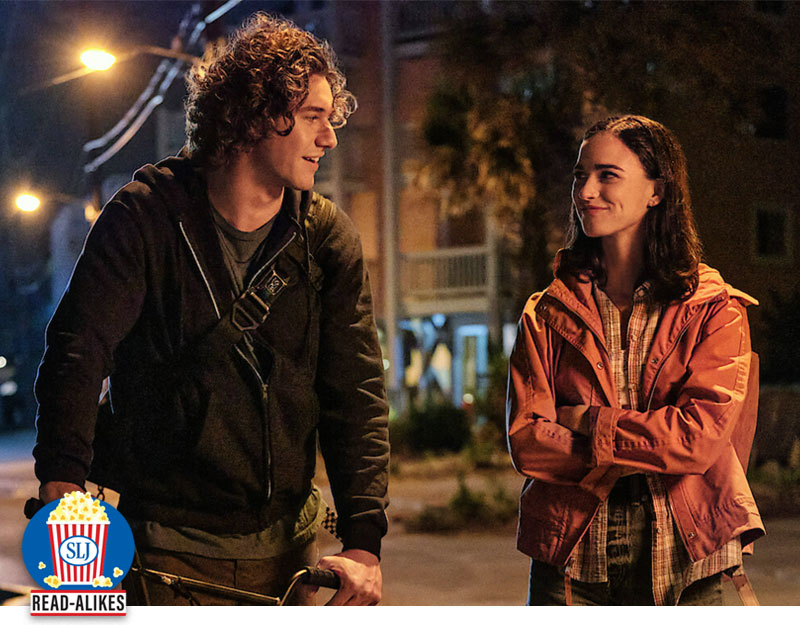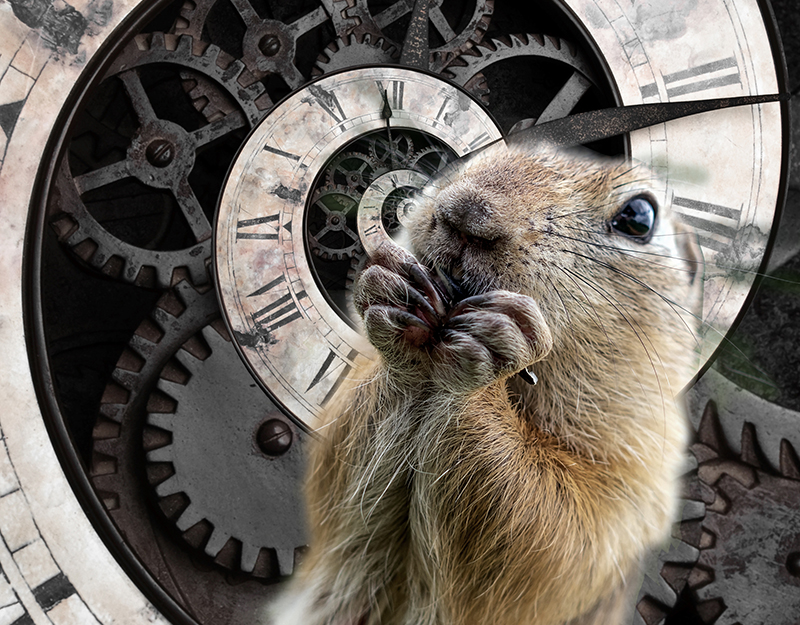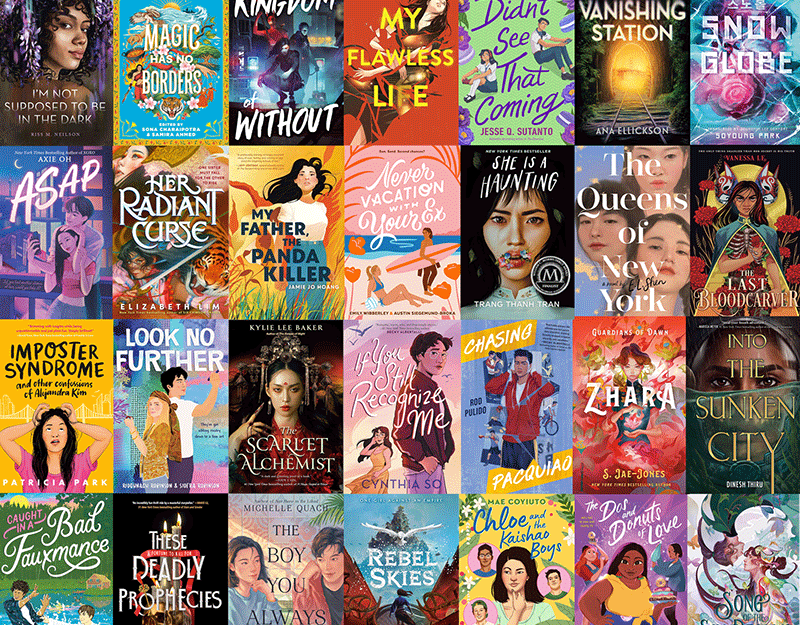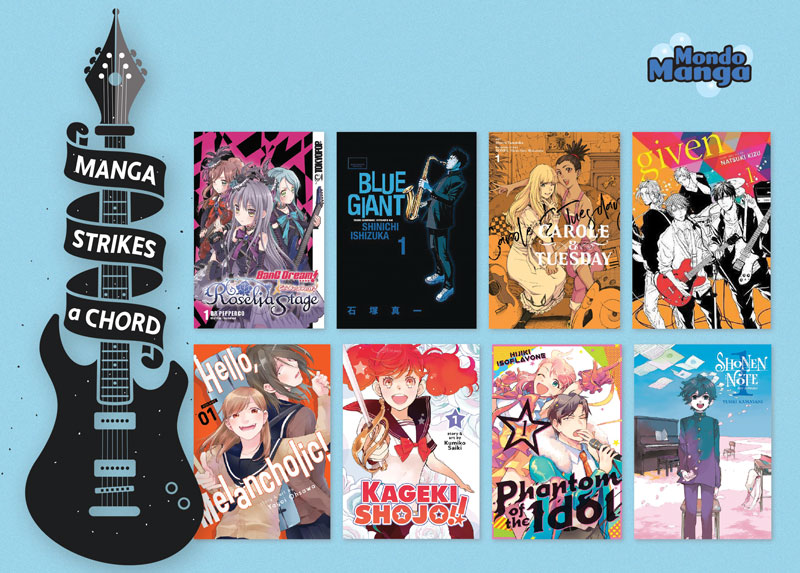How Writing About My Disease Taught Me It’s Okay To Struggle, a guest post by Cindy Baldwin
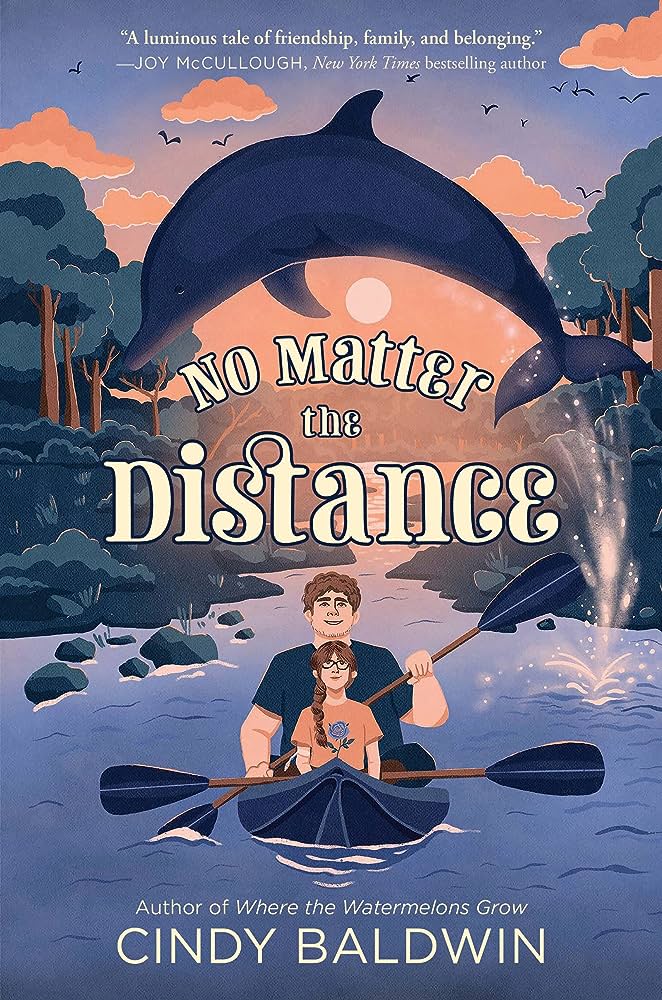
When I was four months old, I got sick. The kind of sickness that comes with a constellation of mysterious symptoms with no apparent explanation. As the weeks passed, I got sicker and sicker, until the doctors told my parents that I was very close to death.
After two months of illness, I was finally diagnosed with cystic fibrosis—a life-shortening genetic illness that affects all major organ systems in the body. At the time of my diagnosis, my parents were told I likely would not live to turn 20.
ADVERTISEMENT
ADVERTISEMENT
Thankfully, with every year of my life growing up, the prognosis for my disease got a little bit better. By the time I was a young teen, the average life expectancy for cystic fibrosis was in the early 30s; today, it’s skyrocketed as high as 50. Still, growing up with CF had many challenges—chief among them the loneliness that came from navigating a deadly, complex illness while isolated from other CF patients due to potential bacterial infections we might spread to one another.
After the rocky first years of my life, I was a “lucky” CFer. Thanks in part to my early diagnosis, my health stabilized after the first few rough years, and I was in better shape than many CF patients. But as a 13-year-old trying to navigate hours of daily breathing treatments, nighttime coughing fits, constant stomach aches, and hospital stays, I didn’t usually feel very lucky. When I was a kid, I felt surrounded by adults—many of them medical professionals—who, during my most traumatic IV placements or lonely hospital nights, tried to reassure me by telling me stories of CFers whose health was more critical than mine and pointing out that my situation could be a lot worse.
Instead of cheering me up, this often invalidated my own feelings of grief or pain and made me feel like I wasn’t “strong enough” to deal with routine but traumatic CF experiences. I explored this feeling in my latest middle grade novel, No Matter the Distance. The book stars Penny, an eleven-year-old girl with cystic fibrosis whose dream of winning the sixth grade poetry slam and helping a local biologist save the dolphin who’s been stranded in her backyard creek are complicated by a cystic fibrosis exacerbation and a course of IVs.
With Penny’s story, I tried to show that hardship is hardship, even if it “could be worse.” I let Penny be frustrated when she had to go to the hospital and be afraid when she had to get blood drawn or get a IV placed, even though she and I both understood that these were routine difficulties for a CFer.
To my surprise, when I got notes back from my editor, her biggest critique was that I hadn’t let Penny struggle enough. “These are hard things she’s going through!” she wrote. “Penny seems unrealistically optimistic to me. I think you need to give her more room to be upset and angry about what she’s experiencing.”
It took me several days to digest and understand my editor’s feedback. Hadn’t I already done that?! Hadn’t that, explicitly, been what I was trying to do with this book?
As I went back through and reread my draft, I not only saw all the places where Penny was brushing off her own struggle—I saw how much I, as the author, felt the need to brush off Penny’s struggle as well. I found myself tempted to call my editor up and explain how really, a hospital stay and a central line weren’t that big a deal, and Penny’s situation could be so much worse.
But I remembered what it felt like when I was 11 and experiencing my first hospital stay since childhood. I remembered what it felt like to get my first PICC line—a long-term central IV that runs from the elbow to the heart, which is frequently used to administer antibiotics for CF patients. I remembered the anxiety, the anger, the feeling of unfairness at what I was experiencing compared to my friends without CF. I thought of all the kids with CF and other serious illnesses who might read my book one day, and, as I revised Penny’s story, I hoped that reading it would tell them:
It’s okay to be angry.
It’s okay to be sad.
It’s okay to struggle.
In the process of revising No Matter the Distance, all of this inner turmoil led to a light-bulb moment about something that had plagued me my whole adult life. Throughout my 15-year relationship with my husband, Jonas, I’d found myself irrationally angry when he got sick. As much as I try to be a generous and supportive spouse, I’ve always struggled with feeling impatient and unsympathetic whenever Jonas or other “healthy” people were ill.
Working on my revision for No Matter the Distance, I finally realized why this was. After a lifetime of being told that my own health challenges “could be so much worse,” and rarely offered space to rage or grieve experiences that felt difficult to me, I instinctively passed the same attitude on to others. Oh, you’ve got a cold? People are dying out there. Buck up and deal with it!
I found myself needing to take a few quiet minutes to have a conversation with my child self: I recognize that nobody honored your pain when you were experiencing it, but they should have. You do not have to be strong. It’s okay to fall apart.
And, surprisingly enough—the next time Jonas had a health issue, I was able to remain neutral and loving and not be swallowed by my own resentment.
No Matter the Distance is not a universal CF story. There’s no way to cover in one novel the myriad diverse experiences that different CF patients have. But I hope that reading the book will give readers living with chronic illness a little bit of the gift it gave me as I wrote it: the gift of validation and an acknowledgment that growing up with a disease like CF can be tough and traumatic, and that we all deserve space to struggle—no matter how much worse it could be.
Meet the author

Cindy Baldwin is a children’s author and disabled advocate. She is the author of the middle grade novels Where the Watermelons Grow, Beginners Welcome, The Stars of Whistling Ridge, and No Matter the Distance. Her first early reader chapter book, The Dragon in the Sewer, releases in the U.S. in November from Collins Big Cat. Cindy’s books have been awarded numerous honors including starred reviews, Indie Next Top 10, Junior Library Guild Gold Standard, Oregon Book Award finalist, and Cybils Book Award winner. She lives near Portland, Oregon, with her husband and daughter.
. . . . .
Author of Where the Watermelons Grow,
Beginners Welcome, The Stars of Whistling Ridge
No Matter the Distance, and The Dragon in the Sewer
Website | Goodreads | Instagram
About No Matter the Distance
An unexpected animal companion helps a girl with cystic fibrosis learn to write her own story in this captivating novel in verse by award-winning author and disabled activist Cindy Baldwin.
Penny Rooney has cystic fibrosis, which means she has to do breathing treatments to help her lungs work. Some days, it seems like her CF is the only thing Penny knows about herself for sure.
ADVERTISEMENT
ADVERTISEMENT
From her point of view, everyone around her can make sense of their place in the world. So why can’t Penny even begin to write a poem about herself for school?
Then during spring break Penny spots something impossible in the creek behind her house: a dolphin, far from its home. Penny names the dolphin Rose and feels an immediate bond, since the dolphin is also sick.
But as Penny’s CF worsens, she realizes that Rose needs to return to her pod to get better. Will Penny be able to help guide Rose back to the ocean, even if it means losing her friend?
This heartwarming story, which marks the first time an author with cystic fibrosis is writing a protagonist with CF, will transport readers into a world full of friendship, family, and powerful self-discovery.
ISBN-13: 9780063006447
Publisher: HarperCollins
Publication date: 02/21/2023
Age Range: 8 – 12 Years
Filed under: Uncategorized
About Amanda MacGregor
Amanda MacGregor works in an elementary library, loves dogs, and can be found on Twitter @CiteSomething.
ADVERTISEMENT
ADVERTISEMENT
SLJ Blog Network
One Star Review, Guess Who? (#206)
“Complex social dynamics exist in the simplest of conflicts.” A Kyle Lukoff Interview on Sorry You Got Mad
UnOrdinary | Review
ADVERTISEMENT




